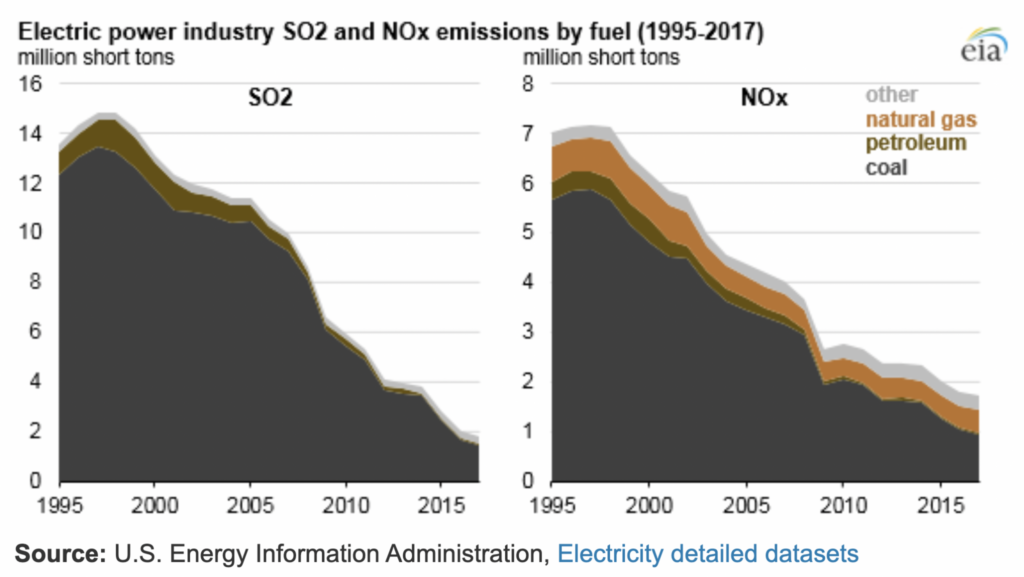Natural Capital
Natural Capital
The economic benefits of ecosystem services have been unappreciated and therefore unquantified for far too long.

Why is natural capital important?
Our approach

We Focus On
Why is natural capital important?
Natural capital represents everything from clean air and water to biodiversity-rich ecosystems and fertile soil. As global challenges like climate change, biodiversity loss, and resource depletion escalate, understanding and investing in natural capital becomes imperative.
There is a growing consensus among policymakers, researchers, and businesses to prioritize the promotion of ecosystem services and protection of natural capital due to their vital role in sustaining life and economic activities. Initiatives such as the Natural Capital Coalition and the Task Force on Nature-related Financial Disclosures (TNFD) reflect the growing momentum within the financial sector to integrate natural capital considerations into decision-making processes.
By directing resources towards the preservation, restoration, and responsible management of natural assets, investors can not only generate competitive financial returns but also contribute to the preservation of ecosystem services.
Our approach
Access Environmental Capital helps remove the burdens of conservation off the backs of landowners and onto the shoulders of long-term investors and developers. Our aim is to generate government-backed environmental credits, delivering positive impact and absolute returns.
Access focuses on opportunities with strong economic alignment between landowners, industry, and environmental investors. Landowners can monetize sought-after ecological attributes of their land. Industry can pursue growth without causing net harm to nature. Environmental investors can realize absolute, non-correlated returns while delivering positive impact.
We focus on:
- identifying land assets with dormant ecological value that qualify for market-based environmental crediting
- promoting quantifiable environmental gains by partnering with leading conservation-oriented organizations
- monetization through sales of sought-after environmental credits





